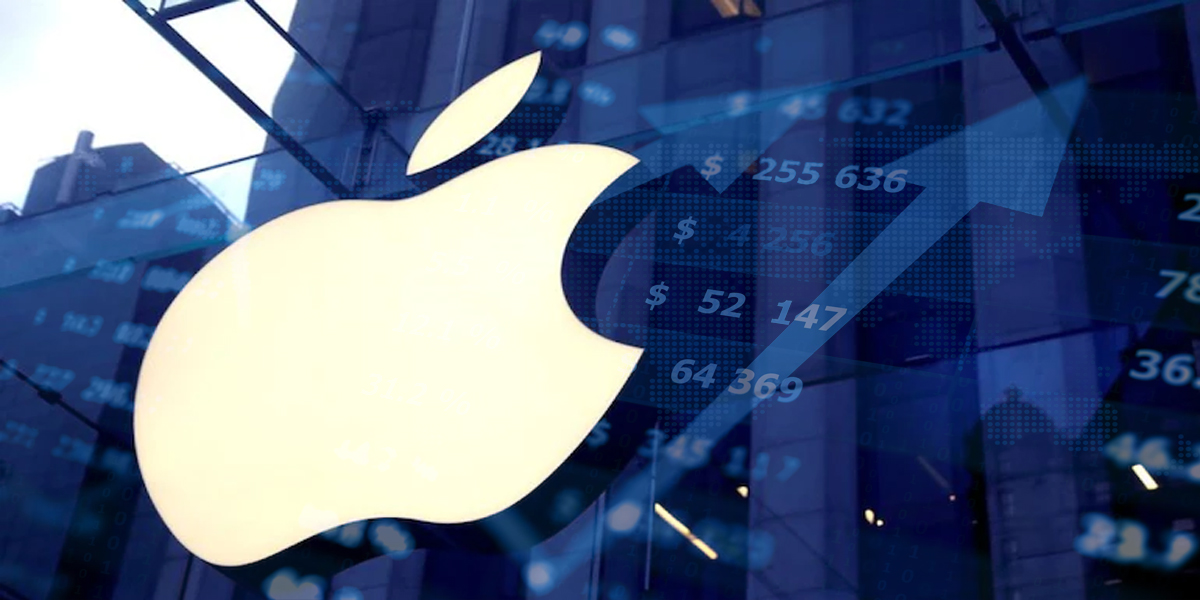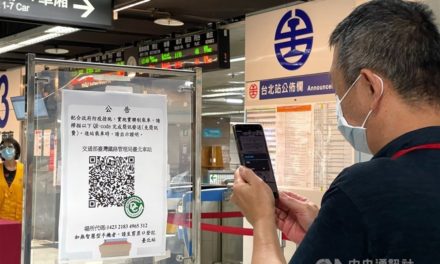Quarterly group revenues for tech giant Apple are at an all-time high as of September 30th. The company behind some of the leading consumer technologies reported a 2% increase in group revenues for the end of the third quarter, finishing at $90.15 billion, well ahead of the $88.9 billion predicted by industry experts.
In a report released on Thursday, October 27th, earnings from iPhone sales were pegged at $42.62 billion, a 9.6% increase from Q3-2021’s total. Mac sales also increased by 25%, finishing the quarter at $90.15 billion; on the other hand, net sales for wearable tech, home tech, and accessories came to a cumulative total of $9.65 billion, marking an increase of 9.8% from last year’s figures.
Meanwhile, COVID issues notwithstanding, Apple sales in China, one of its largest market bases, were up by 6.25%, finishing at $9.86 billion.
Virtually Crisis-proof?
Given the company’s performance, it would be safe to say that Apple has not been impacted by the ongoing economic crisis, unlike many of its competitors.
During a recent earnings call with industry professionals, Apple CEO Tim Cook remarked that customer demand for products like the most recent iPhone release and the health-monitoring Apple Watch remained strong and was actually better than expected.
He added that iPhone sales were up by 10% in the lead-up to the fourth quarter, resulting in projected revenues of around $42.6 billion.
Cook did not, however, give a forecast for the company’s three new products – the iPhone 14, 14 Pro, and Pro Max, stating that they have been challenged to fulfill the massive demand for mobile phones. A similar issue is affecting the Apple Watch Ultra, supplies of which in Apple Stores throughout the world remain limited.
Is China’s Zero-COVID Policy Affecting Production?
One key reason for the shortfall in iPhone 14 and Apple Watch Ultra supplies is China’s highly restrictive zero-COVID policy, wherein authorities issue lockdowns almost immediately after a significant amount of cases is reported within a city or region.
The policy has disrupted commercial and industrial activity within the country, forcing many factory owners to consider ingenious solutions to prevent a complete halt in production.
A case in point would be that of Foxconn in Zhengzhou. Foxconn is one of Apple’s largest suppliers, but its operations continue to be hampered by the zero-COVID policy. The Zhengzhou facility is currently affected by a lockdown announced due to almost 200 cases within the city, prompting many employees to jump gates and fences to keep themselves from being confined to the factory throughout the lockdown.














